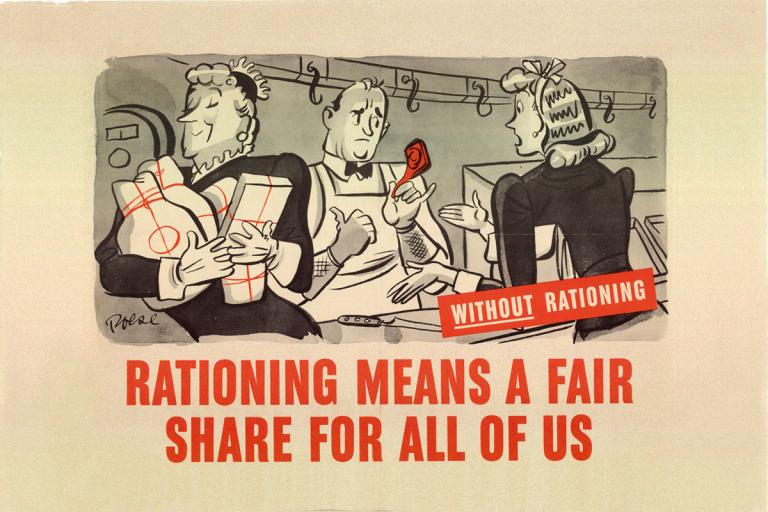Send your question to Umbra!
Q. Dear Umbra,
We have a bountiful selection of summer fruits and vegetables at lots of local farmers markets. My problem is my wife is obsessed with organic ONLY. I want to support organic but I also very much want to support locally grown products. In the last week, my wife has chosen organic tomatoes from Mexico and organic red peppers from Holland over locally grown versions. I’m having a problem buying produce shipped thousands of miles versus the same non-organic product raised less than 10 miles away. Help! Which is the better choice?
Jim H.
York, Penn.

ShutterstockLocal or organic? It’s apples to oranges, really.
A. Dearest Jim,
The real question is not which is the better choice, but can this marriage be saved?!
Spoiler: It probably can.
You are not the first to be plagued by this supposed either-or conundrum, and you and your wife both have good instincts. Your wife is presumably sold on the notion that organic produce is better for the land and better for your health, and perhaps also wants to send a signal to the local grocery. Her dollars support an industry worth an estimated $27 billion in 2012, according to the USDA, up from $11 billion in 2004. (Sounds like a lot, doesn’t it? But organics still make up only 3.5 percent of U.S. food sales.)
You, meanwhile, are attracted to the idea of supporting farmers in the York area, putting money into the local economy, and knowing where your food comes from. You are lucky to be within reach of “lots” of markets. That’s not the case for many of us, although farmers markets are sprouting faster than radishes: Last year, nearly 7,900 had sprung up across the country, compared to 3,100 a decade earlier. These markets account for about 20 percent of local food sales in the U.S., an industry currently estimated at $7 billion. (The rest of the local-food sales are to restaurants, distributors, and the like.)
Here’s the thing, Jim: If you have access to lots of local markets, I am absolutely sure you have access to food that is local and organic. This is not an either-or situation. You and your wife can both be happy.
The trick is, you are not going to see many “organic” labels at the farmers market. So my suggestion is a little culinary couples counseling. Go to the market together (talk about a hot date!) and ask the farmers where and how they grow their crops. It just so happens that there are plenty of small farmers who use sustainable methods, but cannot afford the money or time it takes to pursue certification. You will not be the first who has asked questions like this, and you’ll learn a ton. If you’re feeling shy, start with the USDA’s farmers market locator tool, which indicates whether a market sells organic products — but you will probably still have to poke around and squint and ask questions when you get there.
If your wife thinks all this probing is weird, you could gently tell her there are important things to know about capital-O organic, the kind you find in the grocery store. Organic is important and worth supporting. But this term does not automatically mean chemical-free. Organic producers are allowed to use organic pesticides, aka those derived from natural ingredients. (Though pesticide residues on organic produce are still lower than on non-organics.) Second, “organic” tells you nothing much about where your food comes from, or how the workers are treated, or other things conscientious consumers might like to know. Many organic growers do use better practices than their conventional counterparts, but when one buys, say, tomatoes from Mexico, there’s no easy way to find out. And you are right, of course, about the shipping impacts [PDF], although the way food is produced can have even more of an impact on the planet than how it gets to you.
Of course, when winter comes you might be facing another marital meltdown, depending how deep this commitment to local goes: Can you guys get by without fresh tomatoes in January? That’s for you to decide, and at that point those Mexican imports might look like an excellent option.
Whatever the season, it all parboils down to this: Buying local is the only way to really know what you’re eating, but buying organic matters too. So you’re both right! Best argument ever!
Go forth and have a plump, ripe, juicy summer. And if you want to make your wife really happy, offer to do all the shopping while she takes a nap.
Harmoniously,
Umbra




